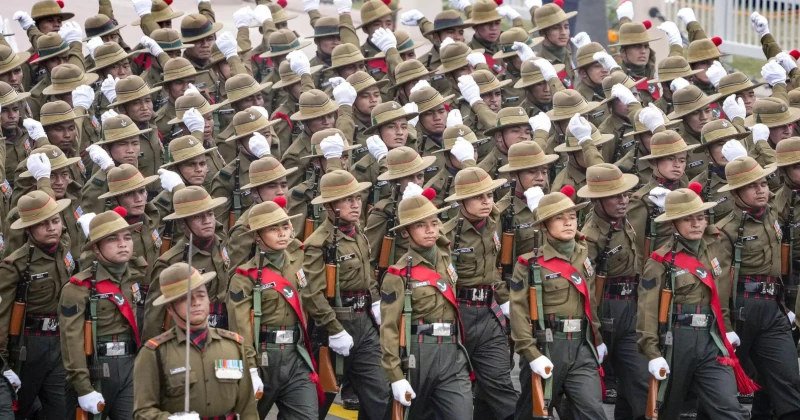In a significant development for bilateral ties between India and Nepal, the resumption of recruitment for Nepali Gorkha soldiers into the Indian Army appears to be on the horizon. This follows the arrival of Nepal’s Foreign Minister, Arzu Rana Deuba, in India on August 18 for a five-day visit. Deuba’s visit is set against the backdrop of a four-year halt in Gorkha recruitment, a situation that has created a significant shortfall in the Indian Army’s Gorkha regiments.
The agenda for the visit includes crucial talks with India’s External Affairs Minister, Dr S Jaishankar, where the issue of Gorkha recruitment is expected to be a focal point. The recruitment of Nepali Gorkhas, an integral part of the Indian Army for over 200 years, was abruptly paused in 2020 due to the Covid-19 pandemic. Although recruitment drives resumed post-pandemic, the introduction of the Agnipath scheme by the Indian government in June 2022 created new challenges.
Impact of the Agnipath Scheme
The Agnipath scheme, a short-term recruitment initiative aimed at inducting soldiers between the ages of 17 and 21.5 years for a four-year term, has been met with resistance from Nepal. The scheme stipulates that only 25 per cent of recruits will be retained for permanent service, while the rest will receive a lump-sum compensation of Rs12 lakhs upon completion of their term. Nepal has expressed reservations about the short-term nature of this service for Gorkha soldiers, leading to a complete halt in their recruitment under this scheme.
This deadlock has severely impacted the Indian Army’s Gorkha regiments, which now face a shortfall of over 15,000 soldiers across their seven regiments. The Indian Army currently maintains 39 battalions with approximately 32,000 soldiers, a force heavily reliant on the bravery and skills of Gorkha soldiers, historically hailed for their extraordinary courage in numerous battles.
Gorkha regiment’s rich history
The Gorkha regiments hold a storied place in military history, not just in India but globally. These regiments are unique in being the only ones in the world that serve in the armies of three different nations—India, Nepal, and the United Kingdom. The Gorkhas have played pivotal roles in every major war fought by India, from the 1962 Sino-Indian War to the Kargil War in 1999. More recently, Gorkha soldiers were a part of the Indian contingent involved in the Galwan Valley clash with Chinese forces in June 2020.
The recruitment freeze has raised concerns within the Indian Army, as the Gorkha regiments have historically included a significant number of Nepali Gorkhas. Before India’s independence, about 90 per cent of Gorkha soldiers were of Nepali origin, a ratio that gradually shifted to 60:40 between Nepali and Indian domicile Gorkhas. However, the recent halt has led to a decrease in the overall number of Gorkhas, prompting the Indian Army to include recruits from other regions, such as Garhwal and Kumaon, into the Gorkha regiment for the first time.
Diplomatic discussions and future prospects
The ongoing visit of Nepal’s Foreign Minister Deuba is being closely watched, with hopes that the bilateral discussions will lead to a breakthrough on the recruitment issue. The Indian side has been actively engaging with Nepal to resolve this impasse and resume the traditional recruitment process, which has been a cornerstone of the strong military relationship between the two nations.
The talks are also expected to address broader issues of mutual concern, but the spotlight remains firmly on the future of the Gorkha regiments. With over 200 years of shared military history, the resumption of Gorkha recruitment would mark a significant step in reinforcing the ties between India and Nepal.
